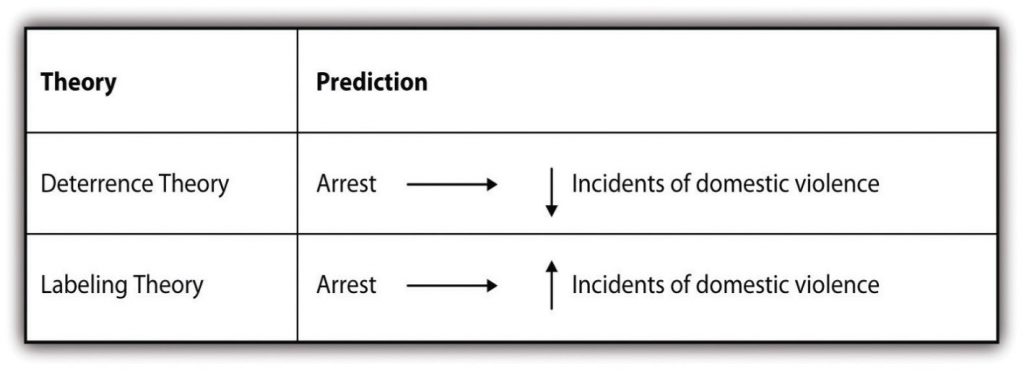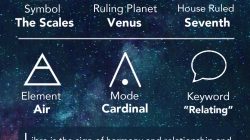Pakistan, June 22 — At a time when the world teetered dangerously on the edge of multiple conflicts, one figure emerged with an unexpectedly calm yet firm presence one who resisted the war drums and preferred the language of diplomacy over destruction. The 2025 India-Pakistan crisis, sparked by a reckless false flag attack in Pahalgam and weaponized by Narendra Modi’s aggressive Hindutva narrative, seemed poised to explode into nuclear confrontation. But in this swirling storm of provocation and brinkmanship, President Donald Trump took a step few dared to anticipate he extended his hand for peace. What makes this all the more remarkable is the timing: while most leaders sought to exploit chaos for political gain, Trump intervened with uncharacteristic maturity and precision, using diplomacy as a weapon, not warheads. His actions did not simply de-escalate an imminent military clash; they revived a long lost principle in global politics pragmatic peacemaking.
President Trump’s intervention, however, was not limited to a mere phone call or a public statement. Behind the scenes, his administration moved swiftly to open backchannels with both Islamabad and New Delhi, focusing on deterrence, deconfliction, and dialogue. This ceasefire was not just a success in military or political terms it was an act of humanitarian importance, sparing millions from the terrifying fallout of a nuclear conflict. Trump’s previous business instincts often mocked by analysts worked to his advantage here. He approached the crisis not through ideological prisms but with an executive mindset: find the fault lines, address core issues, and negotiate solutions that serve mutual interests. The Kashmir issue, long buried under layers of international indifference and Indian obfuscation, was once again spotlighted. Trump’s repeated offers to mediate on Kashmir, even if symbolic for now, pierced through India’s tightly held narrative that the region is an internal matter. He gave the conflict the global attention it demands without being drawn into a war.
Simultaneously, as the dust was beginning to settle in South Asia, the Middle East was pushed to the brink by Israel’s unprovoked strikes against Iran. Prime Minister Netanyahu, with little regard for regional stability, chose escalation over engagement dragging the already fragile region into further crisis. Amidst this, Field Marshal Asim Munir’s historic visit to the White House came as a turning point. Far from being a ceremonial meeting, it was a moment of geopolitical importance. FM Munir, known for his strategic brilliance and calm authority, brought with him the real time concerns of the region: the Gaza genocide, the potential regional fallout from an Iran-Israel conflict, and Pakistan’s dual threat landscape-from the East in India and the West in a fractured Afghanistan. This meeting resulted in a two week pause in US decision making on Middle East engagements an understated yet massive diplomatic gain, especially in times when decisions are often made in haste and without consulting regional stakeholders.
In this context, Pakistan’s move to formally nominate President Trump for the 2026 Nobel Peace Prize was more than just a gesture it was a masterstroke of timing and messaging. It simultaneously honored a peacemaking effort, enhanced Pakistan’s diplomatic stature, and placed moral pressure on Trump to continue walking the path of peace. This nomination also forces global attention toward ongoing tragedies like Gaza, making it harder for world powers to ignore the human cost of geopolitical adventurism. Pakistan’s nomination, officially backed by a government press release, acknowledged Trump’s contribution not only in halting an Indo-Pak war but in raising Pakistan’s global image. For the first time in years, the Kashmir issue is no longer an afterthought in diplomatic corridors. Trump did not just recognize Pakistan’s strategic relevance; he declared the country “brilliant” and its leadership “great” a diplomatic victory that Modi’s media echo chamber has been unable to digest, despite its usual propaganda gymnastics.
Trump’s warm ties with Islamabad, particularly under FM Asim Munir’s leadership, have redefined the tone of US – Pakistan relations. Trump didn’t resort to sanctions or threats; instead, he opened up discussions on trade and economic collaboration, using business tools as peace incentives. This contrasted starkly with Modi’s approach of fear and fire. India’s displeasure at Trump’s outreach is telling it reflects the discomfort of a regime that thrives on isolationist narratives and vilification of neighbors. While India seethed, Pakistan maneuvered diplomatically, exposing New Delhi’s erratic behavior and recentering peace as the core objective. As the region recovers from the immediate threat of war, Trump’s role as an unexpected agent of calm is undeniable. Whether the Nobel committee recognizes this or not, history will. In a world increasingly defined by conflict entrepreneurs and populist war rhetoric, President Trump ironically, often described as chaotic himself stood out as a man who chose peace.
The author is an independent researcher who writes on issues concerning national and regional security, focusing on matters having critical impact in these milieus. She can be reached at [email protected]







